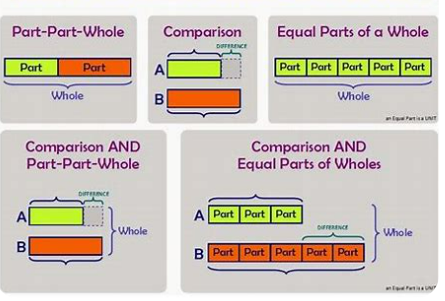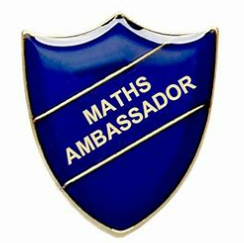Maths Zone
At Nelson, our primary goal is to instil a love for mathematics while ensuring our pupils acquire essential skills.
 At Nelson Primary School, we empower our pupils to become not only proficient mathematicians but also responsible global citizens with high academic and social aspirations. Our approach to teaching mathematics is centred around a holistic vision that integrates innovative strategies, a homegrown calculation policy, and a commitment to celebrating the joy and the fun of mathematics.
At Nelson Primary School, we empower our pupils to become not only proficient mathematicians but also responsible global citizens with high academic and social aspirations. Our approach to teaching mathematics is centred around a holistic vision that integrates innovative strategies, a homegrown calculation policy, and a commitment to celebrating the joy and the fun of mathematics.
Our teaching philosophy at Nelson Primary School revolves around a blended approach, incorporating a variety of strategies and resources to deliver a logical and challenging curriculum. At the heart of our methodology lies the CPA (Concrete, Pictorial, Abstract) approach, which ensures that pupils grasp mathematical concepts by moving from tangible experiences to visual representations and ultimately to abstract understanding.
We use cutting-edge tools such as Rekenrek, visual maths, and bar modelling to facilitate this learning journey. This not only makes mathematics engaging but also supports a deeper understanding of mathematical principles.
Rekenrek & Bar Modellin
In the following two videos, Miss Johal, our Maths Leader and Assistant Headteacher, demonstrates a typical intervention using Rekenrek and Bar Modelling with some of our year 6 pupils.
We aspire for our pupils to :
-
Explore Numbers: Engage in a journey of discovery and curiosity about the world of numbers.
-
Be Numerate: Develop a strong numerical fluency and confidence in mathematical operations.
-
Make Mathematical Connections: Understand the interconnectedness of various mathematical concepts.
-
Partner Reasoning Talk : Encourage communication and collaboration through sharing mathematical reasoning.
-
Visualise Problem-Solving: Foster the ability to approach problem-solving visually and conceptually.
Achieving Excellence:
 Our commitment to excellence is evident in our focus on meeting and exceeding expected standards at the end of key stage assessments. We prioritise building a solid foundation in the fundamental pillars of mathematics: addition, subtraction, multiplication, and division. This not only prepares our pupils for success in primary education but also equips them with the skills to excel in their secondary education.
Our commitment to excellence is evident in our focus on meeting and exceeding expected standards at the end of key stage assessments. We prioritise building a solid foundation in the fundamental pillars of mathematics: addition, subtraction, multiplication, and division. This not only prepares our pupils for success in primary education but also equips them with the skills to excel in their secondary education.
We provide a diverse range of methods, both informal and formal, for performing mathematical algorithms. Our whole-school approach to problem-solving, including bar modelling, ensures that pupils are adept at tackling complex challenges.
Financial Literacy:
Recognising the importance of preparing our pupils for the real world, we integrate financial literacy into our mathematics curriculum. Our pupils learn practical skills such as money management, recognising good value when shopping, budgeting, and developing an awareness of debt. This prepares them to be active citizens capable of making informed financial decisions.
Celebrating Mathematics:
 At Nelson, we celebrate the beauty of mathematics each year on World Maths Day. World Maths Day is not just a date on our calendar; it's a celebration that ignites a passion for numbers, problem-solving, and friendly competition. Our pupils eagerly anticipate this day, as it provides a unique opportunity to showcase their mathematical prowess, celebrate their achievements, and connect with a global community of learners.
At Nelson, we celebrate the beauty of mathematics each year on World Maths Day. World Maths Day is not just a date on our calendar; it's a celebration that ignites a passion for numbers, problem-solving, and friendly competition. Our pupils eagerly anticipate this day, as it provides a unique opportunity to showcase their mathematical prowess, celebrate their achievements, and connect with a global community of learners.
 In addition to these, we also provide opportunities for pupils who love maths to take on leadership roles as Maths Ambassadors. These ambassadors play a crucial role in promoting the love for mathematics within the school community.
In addition to these, we also provide opportunities for pupils who love maths to take on leadership roles as Maths Ambassadors. These ambassadors play a crucial role in promoting the love for mathematics within the school community.
Assessment and Progression:
Our approach to assessment includes maths starters that retrieve prior knowledge and identify any gaps. Reasoning problems are also integrated into our starters to encourage critical thinking. We utilise SAMPAD (Solve A Problem A Day) and gap tasks to interleave learning, ensuring a seamless progression from year to year. This approach aligns with the White Rose scheme of work.
